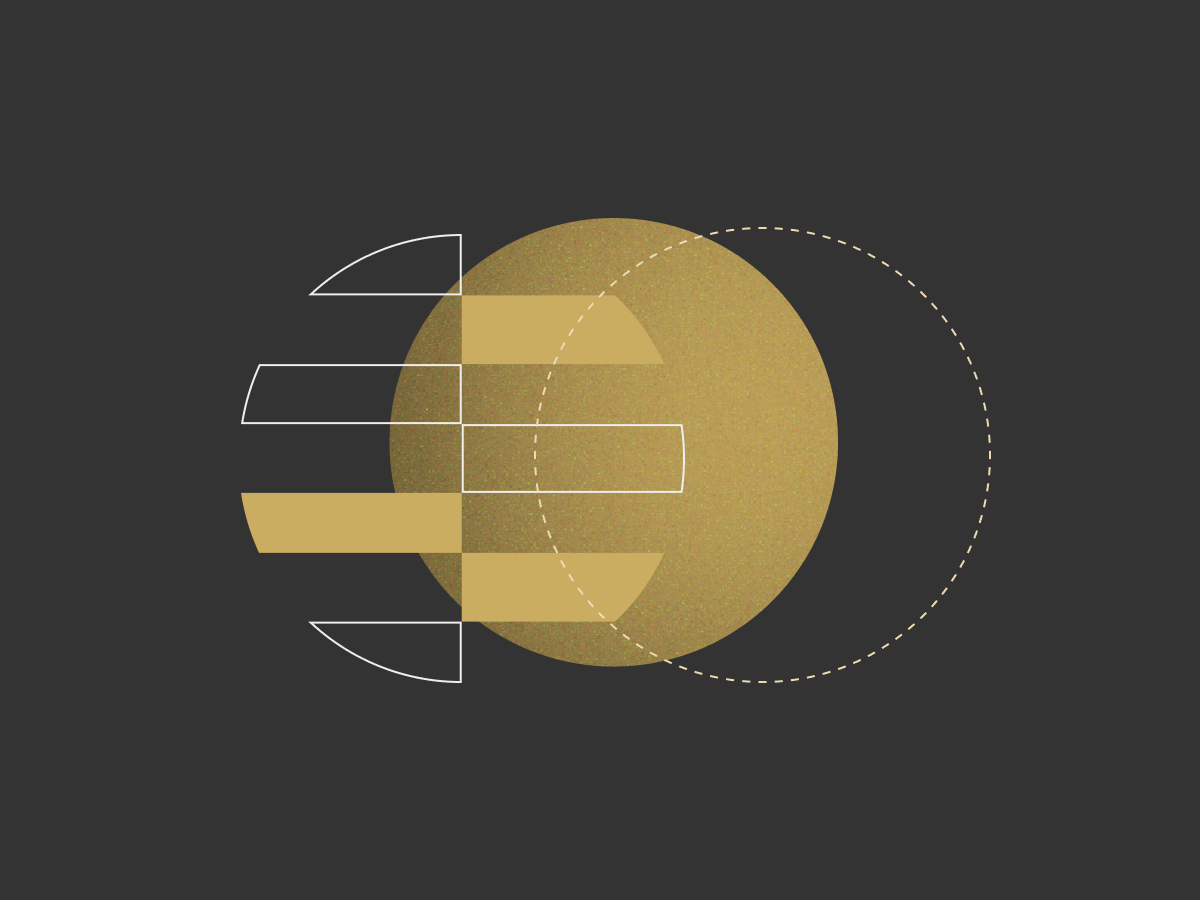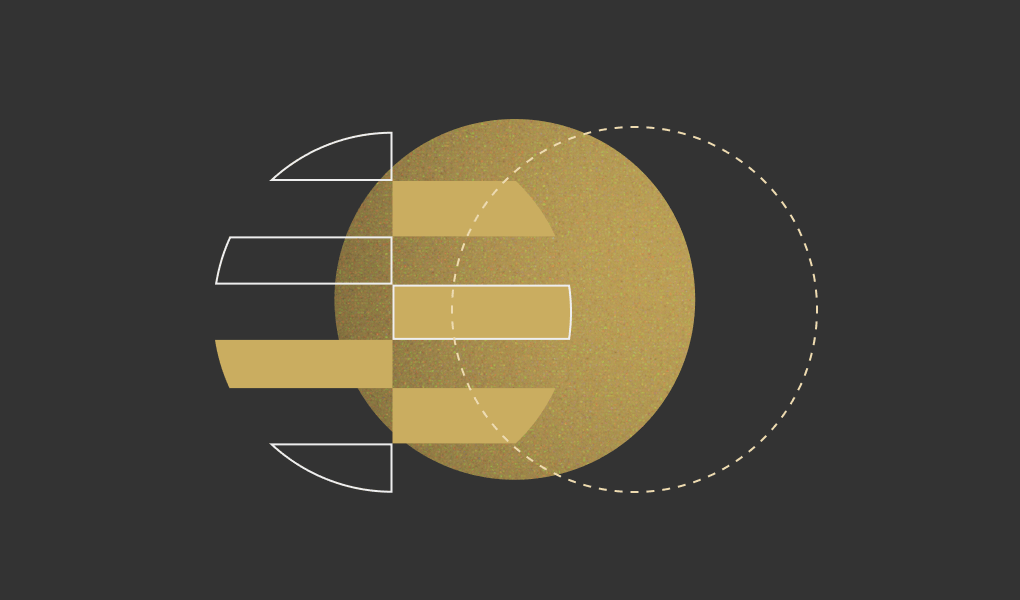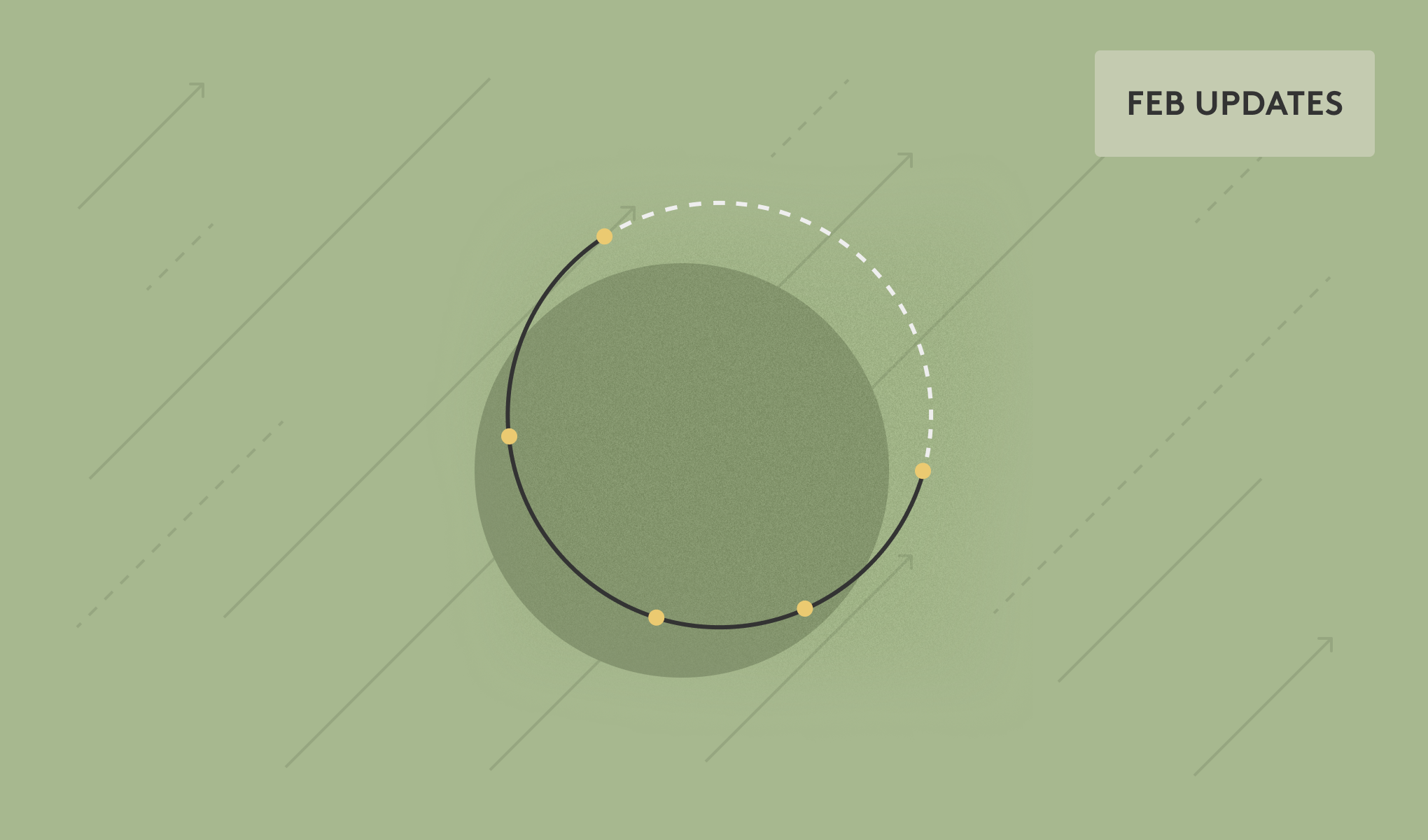What is Gmail security?
Gmail security refers to the collection of technologies, features, and practices used to protect Gmail users from unauthorized access, phishing, spam, and other malicious activities.
It's important to have both education and technology for a comprehensive approach to Gmail security because they address different aspects of risk and together provide a comprehensive defense against threats. Technology is used to automate and scale email security, and educating users fosters a security-first mindset across teams that further protects against email-related breaches.
Why do I need Gmail security?
You need Gmail security because a user’s email account is a gateway to their digital life and professional identity. Gmail often holds sensitive data, and securing it protects users from a wide range of threats.
Email is a prime target for attackers
Emails often carry sensitive company data, financial documents, client communications, and access to internal systems. This means that a compromised email account can lead to data breaches, financial loss, and reputational damage.
Gmail security helps:
- Comply with data protection laws like GDPR and HIPAA
- Protect business continuity
- Safeguard intellectual property
Email is an identity layer
Email can be used to access bank accounts, work systems, medical records, cloud storage, and social media. Password reset links are often sent to email, so compromising a Gmail account can give attackers access to many other accounts.
Gmail security protects against:
- Phishing attacks that trick you into giving up credentials
- Account takeovers from password leaks
- Malware spread via malicious email attachments or links
Security threats are getting smarter and more sophisticated
Attackers now have access to the same sophisticated and time-saving tools used by companies. This means that they are capable of creating AI-generated phishing emails that mimic real people and deploying zero-day exploits that bypass spam filters. Plus there’s the ever-present threat of credential theft, which leads to credential stuffing using leaked passwords from other sites
Gmail security should include configuring features like:
- Phishing detection that can stop sophisticated threats
- Multi-factor authentication (MFA) to authenticate user identities
Mistakes happen—security minimizes damage
Even tech-savvy users can reuse passwords or fall for a spear-phishing email from a "trusted" contact. Investing in strong Gmail security acts as a safety net to prevent or reduce the impact of those mistakes.
Does Gmail have built-in security features?
Yes, Gmail has a built-in set of security features. Some of the core security features are:
- Two-factor authentication (2FA)
- Security checkup, Google’s step-by-step guide to review security settings
- Suspicious activity monitoring
- Spam and phishing filters
Admins can enforce settings and policies across Google Workspace to ensure employee compliance.
What are the limitations of Gmail’s security features?
While Gmail's native security features provide a good baseline, there are specific limitations of these features that security teams should be aware of.
Reactive, not proactive, against novel threats
Gmail’s security filters rely heavily on known threat signatures and behavior patterns. Zero-day attacks or novel phishing campaigns may slip through before detection models are updated.
For example, a spear-phishing email that perfectly mimics your CEO using a new domain may bypass Gmail’s built-in filters initially.
Limited contextual awareness
Gmail’s filters don’t fully understand the context of your business, team structure, or workflows. That means it can’t always flag context-specific threats, like an attacker impersonating a vendor with a slightly altered invoice.
This introduces risk because spear phishing and business email compromise (BEC) attacks may appear legitimate if they match previous patterns.
Weak on post-delivery controls
Once an email is delivered, Gmail provides limited visibility and remediation. Security pros need to comb through multiple consoles to fully investigate an incident. Once a malicious email is identified, each email needs to be removed from an inbox, requiring manual time and effort. Gmail’s native security only offers the ability to move to spam, move to trash, or quarantine–no banners, link rewrites, or speedbumps.
Admin visibility and control is limited without Google Workspace add-ons
While Gmail supports some admin-level controls in Google Workspace, certain features are only available in higher-tier plans or require third-party add-ons. These features include:
- Automated remediation
- Advanced DLP (Data Loss Prevention)
- Granular role-based alerts
Smaller organizations or those on lower-tier plans are left with basic logs and limited response options.
Third-party app and OAuth risks are hard to monitor
As mentioned above, email is an identity layer. This presents risk on two fronts:
- Password reset links are often sent to email, so if a Gmail account is compromised, an attacker can use it to gain access to third party applications.
- Employees can use their email addresses to sign up for unsanctioned apps, including AI tools that can expose sensitive data.
Gmail does not provide a way to monitor these kinds of password resets and app signups.
To fully secure Gmail—especially in enterprise or high-risk use cases—organizations often pair Google’s built-in features with advanced email security platforms for:
- Post-delivery protection
- Identity-aware threat response
- Deep insights into user behavior and risks
How can I improve Gmail security?
There are a number of steps security teams can take to strengthen the security of Gmail accounts.
- Enable two-factor authentication (2FA) - Adds a critical second layer of protection beyond passwords.
- Use strong, unique passwords - Weak or reused passwords are a common point of compromise.
- Review account activity & permissions regularly - Detect unauthorized access and revoke access to risky third-party apps.
- Be cautious with links, attachments, and emails from strangers - Most attacks (phishing, malware) originate from email content.
- Use security-centric browser settings - Your browser is the main interface for Gmail.
- Stay educated and train your team - Technology can’t always protect against human error.
- Use third-party tools - Strengthen protections against phishing and add post-delivery security with solutions like Material Security.
How does Material Security help with Gmail security?
Material Security integrates directly with Google Workspace via API, streamlining and operationalizing Gmail security. In addition to strengthening phishing protection using a detection engine that includes AI, ML, and threat research, Material protects data stored in Gmail by requiring additional authentication to access sensitive information.
Because compromising a Gmail account gives access to all of Google Workspace, Material takes a holistic approach to security that extends beyond the inbox. Material secures Google Workspace beyond Gmail, protecting data and preventing misconfigurations in shared Drives, MyDrives and accounts.
Why do customers choose Material for Gmail security?
Material Security is built for teams that want to strengthen security across email, files, and accounts in Google Workspace without disrupting the flow of business. It’s a modern approach to security that offers many advantages.
Best-in-class phishing detection
Material’s phishing detection engine works with a combination of AI, ML, threat intelligence, user reports, Google alerts, and custom detections. This powerful combination categorizes messages to:
- Identify malicious signals
- Filter out false positives and known trustworthy senders
- Group detected messages into distinct attack campaigns
The result is an always-on, automated detection and response platform that helps even lean teams scale their efforts and provide round-the-clock Gmail protection.
Automated user report response
Educated employees are a strong line of defense against email attacks, but triaging and investigating user reports eats up a security team’s valuable time. With Material, user reports are automatically grouped, investigated, and remediated, substantially reducing the need for manual investigations. Material can be configured to automatically apply a banner and a “speed bump” to similar emails across the company, which means a single report automatically protects the entire organization. Mean time to respond (MTTR) goes from hours to seconds.
Post-breach protection
Material’s Gmail security doesn’t stop at inbound threats – it protects data stored within inboxes. Emails are automatically classified as sensitive and after a pre-determined period, content is redacted and users must pass an out-of-band MFA authentication to access the sensitive data. Login attempts are saved in an audit log so security teams can see both successful and unsuccessful attempts to unlock emails. This dramatically reduces the potential impact of a breach while allowing users to store important information in their inboxes.
Holistic coverage
Material provides comprehensive email security combined with file and account protection that works before, during, and after a breach. Within the same platform, security teams can understand risk across Gmail, shared Drives, MyDrives, and account settings – no toggling between applications or areas of the security console required.
Proactive protection
Material identifies risk across Google Workspace and ties together anomalous activity to provide a clear picture of the risk associated with specific accounts. By triangulating signals across email, documents and accounts, the platform can highlight serious risks that emerge when multiple less-urgent risk factors combine.
Works with any tier of Google Workspace
Because Material connects directly to Google Workspace via APIs, it doesn’t require a higher tier of Workspace to use all the features. This gives companies the option to enhance their Google Workspace security without locking into a higher tier of Workspace subscription.
How are companies using Material for Gmail security?
Companies that want to strengthen their approach to Google Workspace security are seeing real results from working with Material. Here are just a few examples of how customers use Material for Gmail security:
- Gusto reduced phishing triage time by 91%.
- Databricks extends MFA to protect sensitive data in mailboxes, rolling out the feature with zero user complaints.
- Carta automates user report triage while protecting users across the company with a single phishing report.
Try Material Security today
Want to know whether your Gmail defenses are really configured to stop today’s threats? Take the Google Workspace Scorecard for a fast, practical readout and next-step recommendations.
Contact us to learn more and see how Material can improve your Gmail security.




